Understanding dashboard warning lights in your Renault Scenic or Grand Scenic is essential for maintaining vehicle safety and preventing breakdowns. These indicators alert you to potential issues ranging from minor notifications to critical problems that could lead to accidents or costly repairs. By recognizing and responding promptly, you can ensure smoother drives and extend your car’s lifespan.
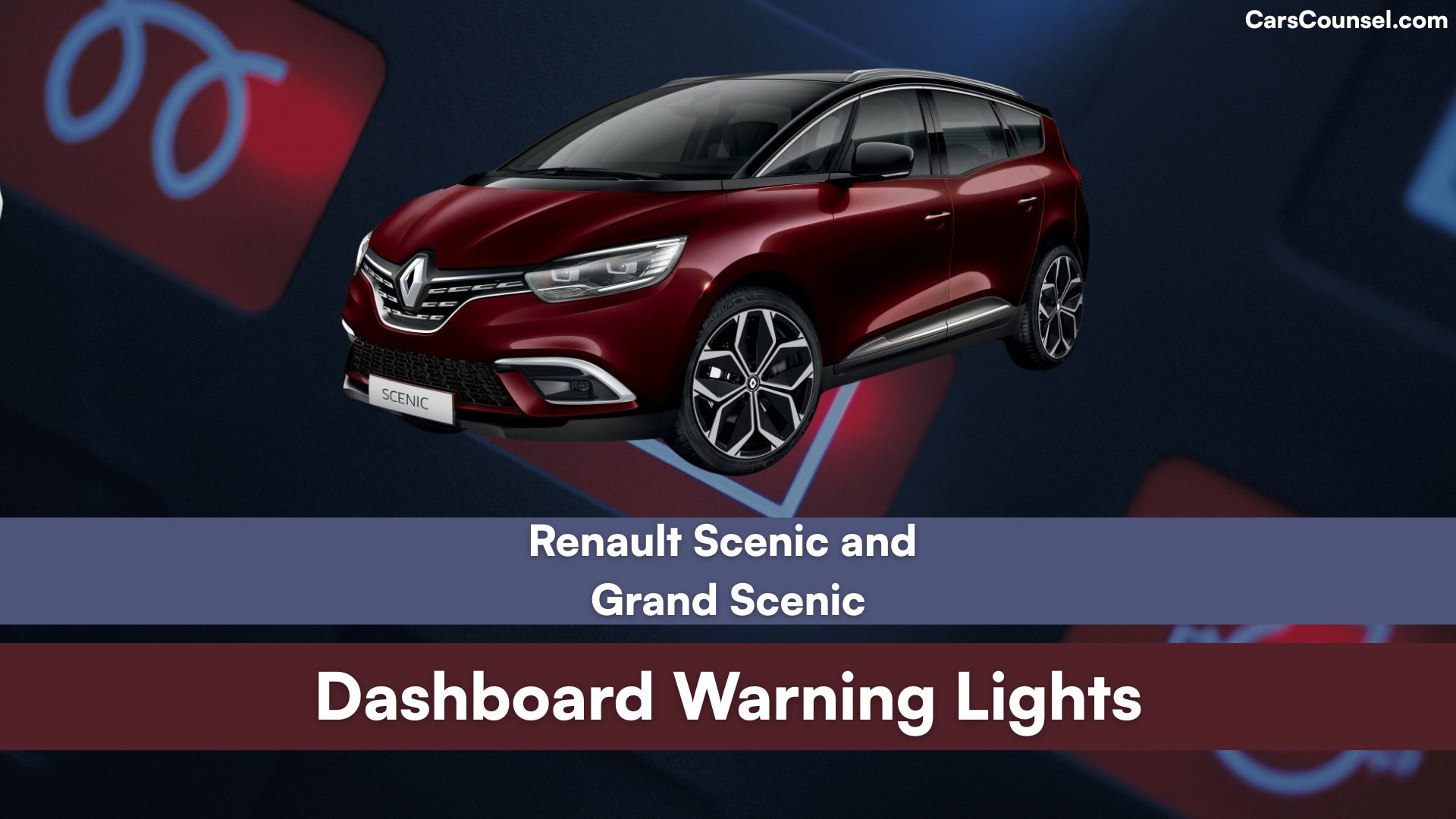
Quick Navigation
Red Warning Lights (Stop Immediately)
STOP Light
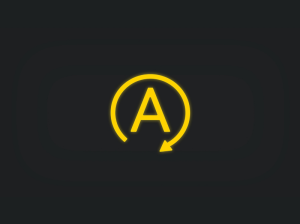
This light signals a serious issue requiring an instant stop for safety. It often appears with other warnings and a beep, caused by major faults like engine or brake problems. Pull over safely, turn off the engine, and contact a mechanic right away.
Brake System Alert
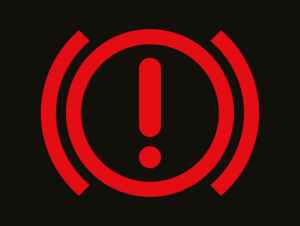
Indicates low brake fluid or a hydraulic failure in the braking system. Common causes include leaks or worn parts. Stop the car immediately, avoid driving, and seek professional help to prevent brake failure.
Engine Oil Pressure Warning
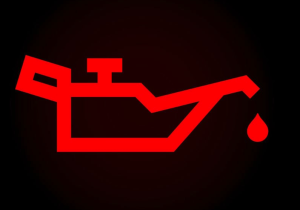
Low oil pressure or overheating detected, possibly from leaks or low oil levels. Stop the vehicle, check oil if safe, and do not drive until fixed to avoid engine damage.
Coolant Temperature Warning
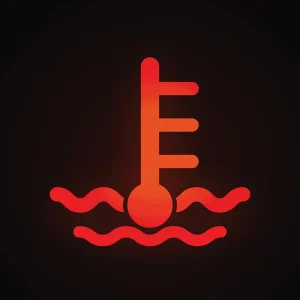
Engine is overheating, often due to low coolant or leaks. Stop and let the engine cool, then check levels; if it persists, get it serviced to prevent severe engine harm.
Battery Charge Warning
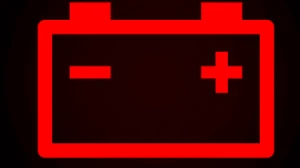
Battery or charging system fault, like a failing alternator. Stop driving as power loss could occur; have it inspected and possibly replaced.
Injection Fault Warning
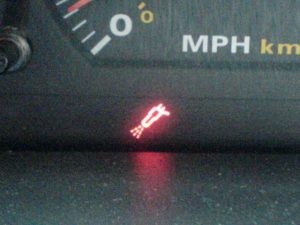
Fuel delivery system issue causing power loss or inefficiency. Pull over, switch off the engine, and call for assistance to avoid further damage.
Airbag Fault Warning

Airbag system malfunction, meaning it may not deploy in a crash. Caused by sensor issues; stop and have it checked urgently for safety.
Diesel Particulate Filter (DPF) Critical Alert
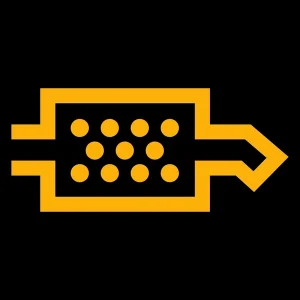
Filter is blocked with soot, risking exhaust issues in diesel models. Stop and get it serviced to prevent engine strain or emissions problems.
Seatbelt Reminder
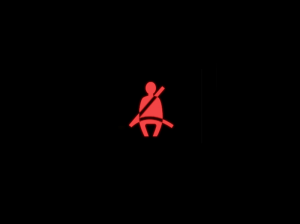
Unfastened seatbelt detected for driver or passengers. Buckle up immediately to avoid injury risks; it may beep until resolved.
Door Ajar Warning
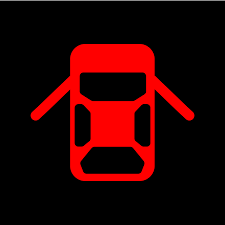
A door is not fully closed, posing a safety hazard. Stop and secure all doors before continuing.
Power Steering Failure
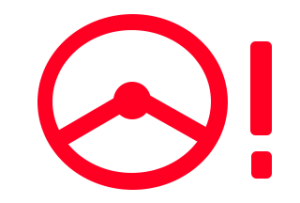
Loss of power assistance in steering, making control hard. Caused by fluid leaks or faults; stop and seek repair.
Transmission Overheat
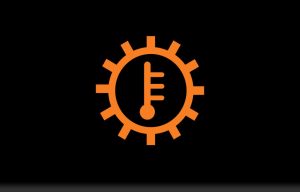
Gearbox is too hot, often from heavy use or low fluid. Stop to cool it down and check for issues to avoid transmission damage.
ABS Critical Fault
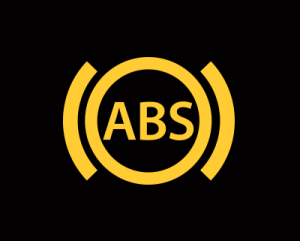
Anti-lock braking system has a severe failure, combined with brake issues. Stop immediately as braking may be unsafe.
ESP System Failure
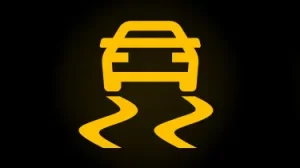
Electronic stability program is not working, increasing skid risk. Pull over and have it fixed for better vehicle control.
Tyre Pressure Critical Low
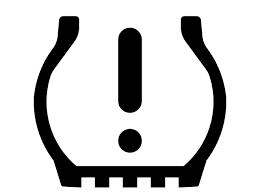
Tyres are dangerously underinflated, risking blowouts. Stop, check pressures, and inflate or repair as needed.
Yellow/Amber Warning Lights (Action Required Soon)
Low Fuel Level
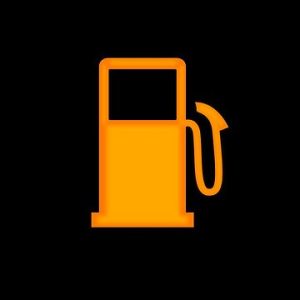
Fuel is running low, with about 50 km left. Refuel soon to avoid running out and potential fuel system strain.
Engine Management Light
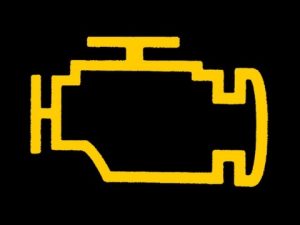
General engine issue, like emissions or sensor faults. Have it diagnosed soon to avoid reduced performance.
Diesel Preheating (Glow Plug)

Heater plugs are warming up for diesel start; it turns off when ready. If it stays on, check plugs to ensure proper engine start.
Brake Fluid Low
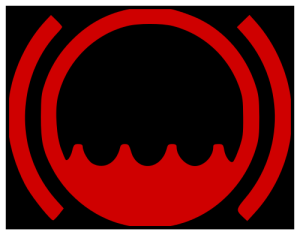
Brake fluid level is dropping, possibly from a small leak. Top up and inspect soon to keep brakes effective.
Gear Change Indicator
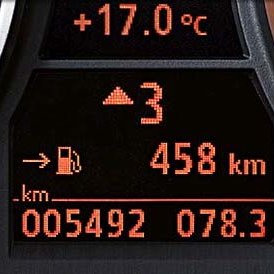
Suggests shifting up or down for better efficiency. Follow it to save fuel; if persistent, check transmission.
Eco Mode Indicator
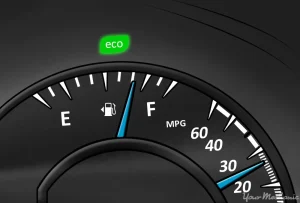
Eco driving mode is active but may need adjustment. Optimize driving habits or disable if not functioning right.
Transmission Fault
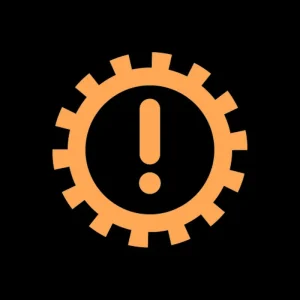
Gearbox issue detected, like slipping. Service soon to prevent worsening problems.
Green Warning Lights (Information Only)
Side Lights On
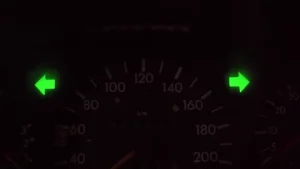
Front and rear side lights are active for low-visibility driving. No action needed; they improve visibility.
Dipped Beam Headlights
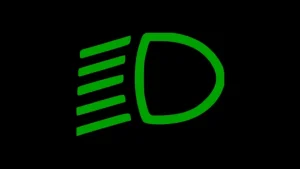
Low beam headlights are on for normal night driving. Indicates system is working; adjust as needed.
Main Beam Headlights

High beam lights are engaged for better distance view. Dim them for oncoming traffic to avoid blinding others.
Rear Fog Lights
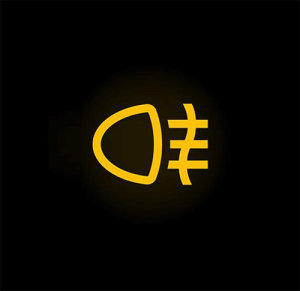
Rear fog lamps are on for poor visibility. Use only when necessary to prevent dazzling drivers behind.
Front Fog Lights

Front fog lamps are active for foggy conditions. They enhance close-range sight; turn off when clear.
Automatic Main Beam
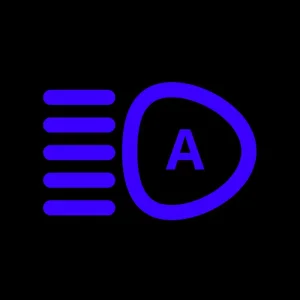
Auto high beams are adjusting based on conditions. System is operational; monitor for proper function.
Cruise Control Active
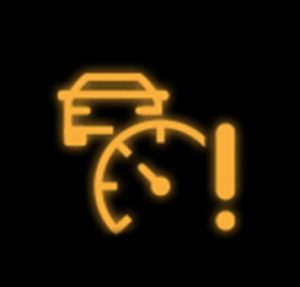
Speed is set and maintained automatically. Indicates feature is in use; adjust or deactivate as desired.
Speed Limiter On
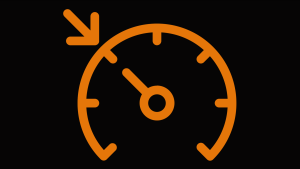
Limits maximum speed for safety. It’s informing you of activation; set according to road limits.
Automatic Wiping

Windscreen wipers are in auto mode based on rain. System is working; override manually if needed.
AUTOHOLD Active
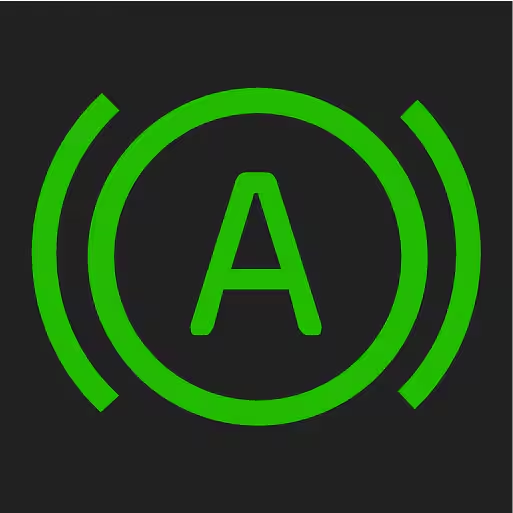
Holds brakes at stops without pedal pressure. Indicates feature is engaged for convenience.
Lane Centring On
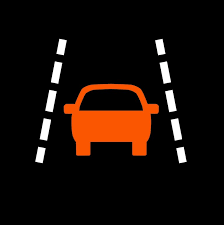
Assists in keeping the car centered in lane. It’s operational; stay attentive while driving.
Pedestrian Horn
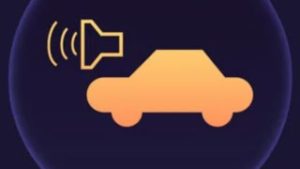
Low-speed alert sound for pedestrians is active. Informs of function; no action required.
When looking at Renault, make sure to check out our guides on models like the Renault Clio, Renault Trafic, Renault Zoe, and Renault Master. Understanding dashboard warning lights is essential. Our expert reviews break down what each light means, highlighting common alerts for these models and what they could signal about underlying issues, so you’re never left guessing behind the wheel.

